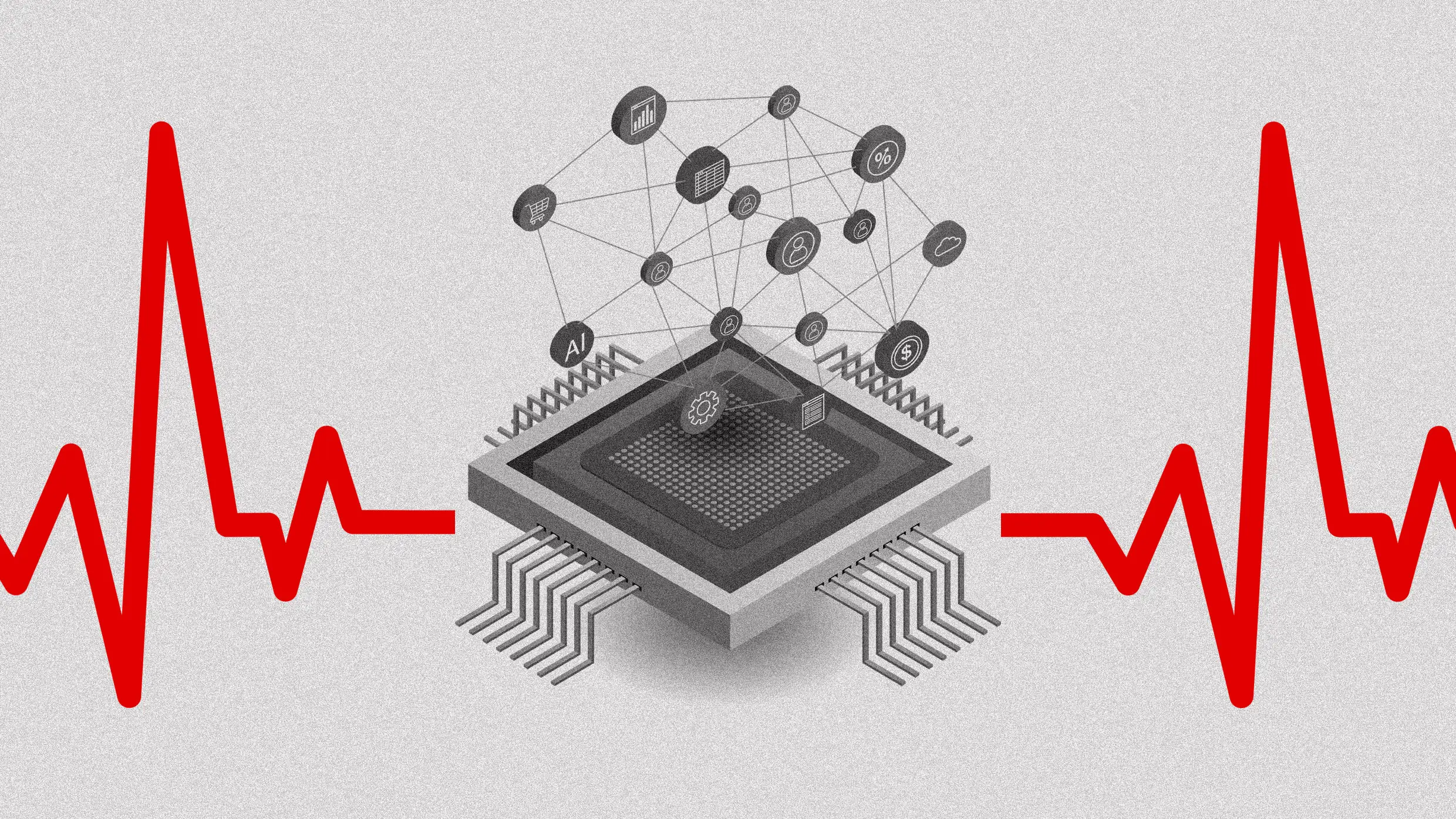
"AI is revolutionizing diagnostics by rapidly analyzing large volumes of patient data. It can identify patterns that signal disease far faster than traditional diagnostics."
"AI tools are increasingly accurate, outperforming clinicians in identifying certain conditions. They can flag early-stage lung nodules or detect subtle cardiac anomalies in real time."
"By diagnosing faster and with high precision, AI can reduce diagnostic errors, shorten time to treatment, and support more personalized care with trained physicians."
"A diagnosis is just the beginning of a patient's journey; it comes with fear and tough, potentially life-altering decisions."
Microsoft's new AI model has demonstrated significant capabilities in diagnosing diseases, outperforming physicians in tests across various conditions. This advancement signals a transformative moment for healthcare technology. AI analyzes extensive patient data—including imaging and clinical notes—enabling faster and more accurate diagnoses. This can lead to reduced diagnostic errors, quicker treatment times, and improved personalized care. However, accurate diagnosis is just the beginning for patients, often accompanied by complex emotional responses and critical decision-making.
Read at Fast Company
Unable to calculate read time
Collection
[
|
...
]